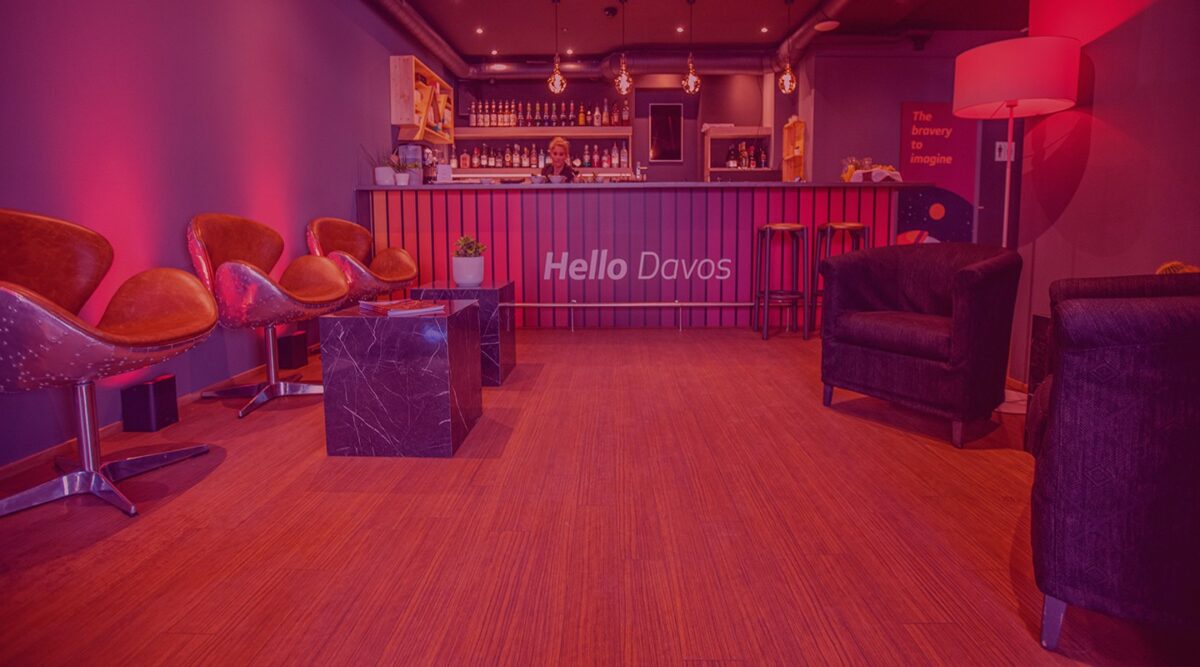Africa will be on the spotlight on Wednesday afternoon at 50th World Economic Forum (WEF) in Davos, Switzerland when influential leaders discuss its strategic outlook.
The discussion which is one of the anticipated events at this year will be attended by some of Africa’s think tanks, government officials and business people.
On the agenda will be major trends affecting the region including the rise of weather-related disasters such as Cyclone Idai that devastated Mozambique and a focus on the companies that are revolutionising Africa’s gig economy.
Speakers include Sipho Pityana, Chairman of AngloGold Ashanti, Winnie Byanyima, UNAIDS Executive Director , Dr Ambrosie Bryant Chukwueloka Orjiako, chairman of Seplat Petroleum, Ngaire Woods, the founding Dean of the Blavatnik School of Government and Professor of Global Economic Governance at Oxford University and Natasha Mwansa , executive director of the Natasha Mwansa Foundation.
Dianna Games, executive director of Africa at Work expects African leaders to push for greater recognition of what achievements African countries have and highlighting best practice and reforms, where they exist. She views these opportune gatherings as a great platform for African leaders to let the world know that it is not business as usual in Africa.
Games is adamant that these meetings matter for African leaders and should not be just seen as talk-shops as some people seem to suggest. “These meetings can add pressure on leaders to recognise that even though they may operate in a vacuum at home, their performance is judged against international standards at a place like this, not just by their peers and political supporters at home. Hopefully it may make them feel that they should improve” Games says.
At the 2019 WEF Africa held in in Cape Town, African leaders committed themselves to tackling corruption in their countries but more needs to be done to eradicate it, including strengthening democracy and making governance more transparent.
Mokgweetsi Eric Keabetswe, President of Botswana, said there are many things governments in Africa “need to do better”.
One is to improve revenue management and tax collection to give citizens more faith in the system of governance and see the benefits of bringing their businesses into the formal sector.
Improving trade is another area where Africa can do better and is expected thrashed out in today’s panel discussion.
In 2018, the African Continental Free Trade Area, which brings together a market with a GDP estimated at $2.3 trillion and 1.2 billion people, was launched. “Africa hardly trades with itself and yet so many goods and services are required,” Keabetswe added.
Peter Matlare, Deputy CE of Absa Group says he expects African leaders to start moving beyond just policy issues and concretise issues of African Continental Free Trade Area at the meeting. He is cognisant that leaders have to balance local and international issues.
“The good and the bad thing about opportunities is that, they do not hang around, frankly speaking. Unless you apply yourself, those opportunities move on,” Matlare says.
.png)
.png)
.png)
.png)
.png)
.png)
.png)

.png)
.png)
